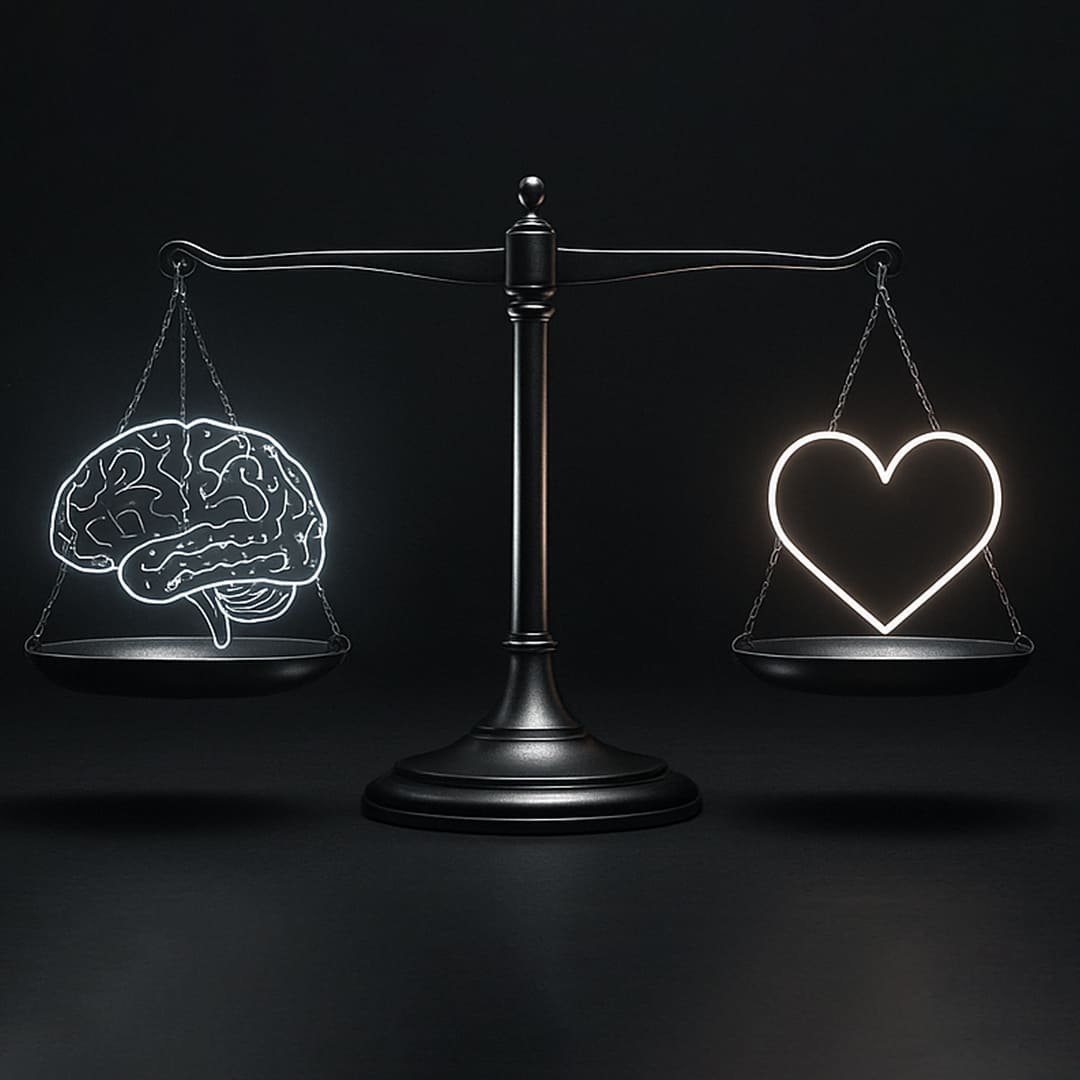The Ethics of AI & the Subjectivity of “Right” and “Wrong”

With the rapid advancements in artificial intelligence (AI) and biotechnology, we are entering an era where the lines between innovation and ethics are increasingly blurred. The conversations surrounding AI are no longer limited to productivity or automation; they are now deeply intertwined with human values, identity, and morality.
Is AI inherently good? Is it inherently bad? These are questions we often hear, but the truth is, it’s not that simple.
Take, for example, a groundbreaking development in genetic science: the use of the CRISPR-Cas9 gene-editing system to potentially “cure” Down Syndrome. While CRISPR-Cas9 itself is a biological tool, AI has been playing a significant role in enhancing its precision, efficiency, and applicability. Machine learning models are being trained to identify genetic sequences faster, predict outcomes more accurately, and assist scientists in fine-tuning the editing process.
On the surface, this might sound like an incredible achievement. A medical breakthrough that could eliminate genetic disorders. But is it really as straightforward as it seems?
Ethical Dilemma
There’s a profound ethical dilemma here. Who gets to decide that individuals with Down Syndrome should not be born the way they are? Who defines what a “normal” life should look like? People with Down Syndrome contribute to the world in ways that go far beyond a genetic code. Their personalities, emotions, the way they laugh, talk, and form genuine human connections. That’s what makes them unique, just like any other person.
As humans, we often measure value in terms of efficiency and problem-solving, but perhaps it’s time to pause and reflect on what truly defines a person. It’s not a genetic sequence. It’s the impact they have on others, the emotional bonds they create, and the essence of who they are.
So, is curing Down Syndrome good or bad? Is AI a force for good or a tool for harm? The reality is: it’s subjective. The concepts of right and wrong are personal, shaped by our experiences, beliefs, and values. What’s right for one person might be wrong for another, and vice versa.
The challenge ahead isn’t to decide whether AI or genetic modification is “good” or “bad,” but rather to acknowledge that these are complex tools. How we choose to wield them will always reflect our own understanding of morality—not a universal truth.
